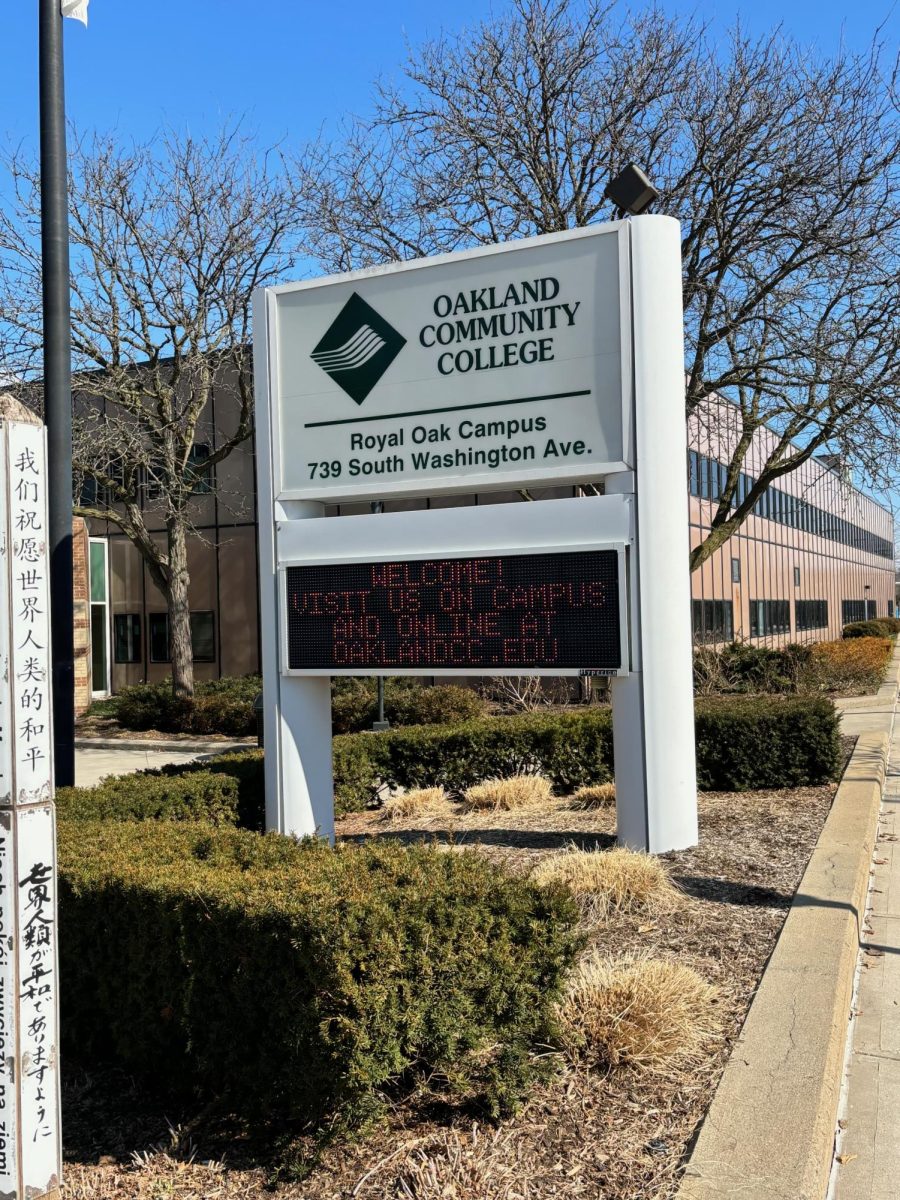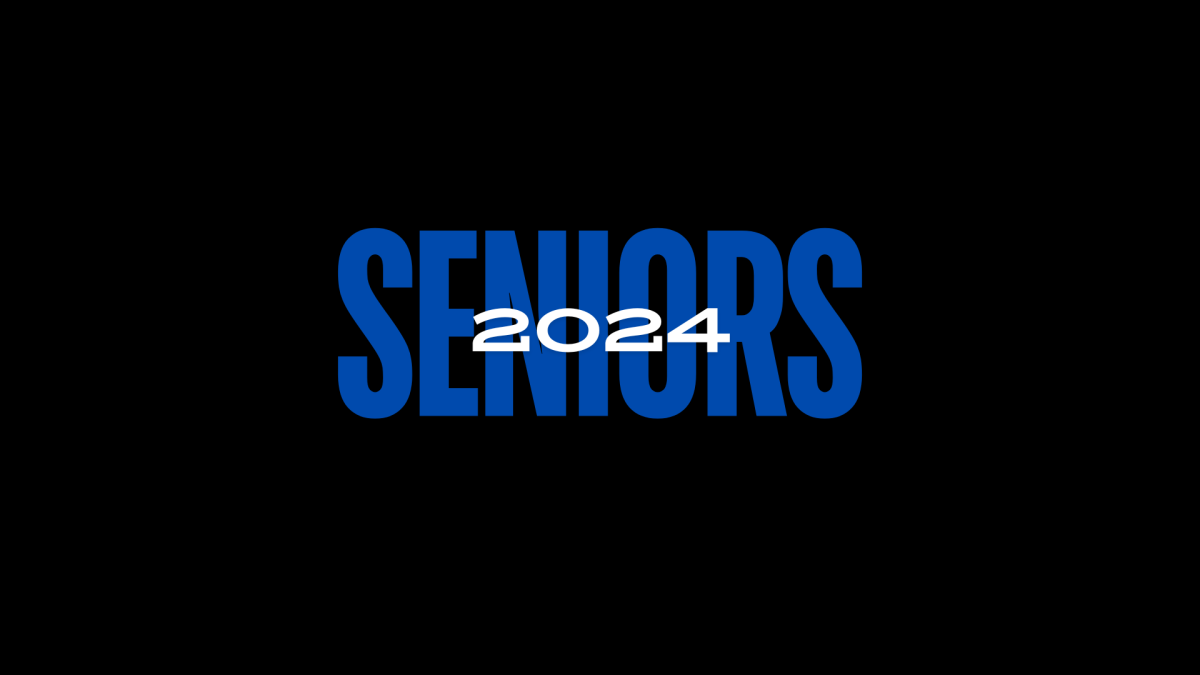With hundreds of colleges across the United States becoming ‘test optional,’ should standardized tests still even be considered on college applications? In Royal Oak Schools, students will encounter standardized tests such as the NWEA, M-STEP, PSAT, SAT, and ACT WorkKeys. The M-STEP is a state test which measures students’ capabilities and how they reflect Michigan’s learning standards. The NWEA tracks progress throughout school and can give a district a good gauge on how well students are progressing. Tests like the SAT and ACT WorkKeys are only given in high school and are used to measure students capabilities and possible career readiness.
Progress isn’t considered on standardized tests
The SAT does not measure progress and falls short on measuring the key components of a student, which is their growth. Tests that simply measure progress like the NWEA and the M-STEP aren’t considered when applying to college, even though a majority of their purpose is to measure growth. M-STEP and the NWEA can be used for several measurements such as teacher evaluations, school ranking, and student progress. The objective measurements of a student’s growth can look better when referenced to previously taken tests, making the use of M-STEP or NWEA testing scores a seemingly better way to measure how well students are progressing. Why can’t scores like those be considered on college applications?
In prep courses, how to take the test is taught more than concepts on the test. If students know how to take tests like the SAT, they can score better without necessarily being a better student than the others. Standardized tests tend to follow a similar pattern, so a student can prepare by learning the test and how to take it. Many go into the SAT, not knowing that it’s more than a test of their studies, but rather a test of their testing abilities.
The SAT is not made for everyone
The SAT has also been notorious for being non-inclusive and targeting marginalized groups. Since the SAT does not test necessarily on what was taught, schools located in areas where the majority of their students are a part of marginalized groups are unable to properly prepare for standardized testing with their given resources. Students who are struggling can invest in tutors to hopefully increase their SAT score, but some students may only have themselves and the education they have gotten thus far.
The SAT, though providing several accommodations for students with disabilities, isn’t prepared for students with disabilities in mind. The SAT as a whole is harder for students with disabilities to complete.
I would say a flaw with this testing is also the fact that it’s typically given in a room filled with students, many of whom have never taken the PSAT under normal conditions. Having taken the PSAT with ongoing COVID-19 restrictions, I was able to take the test in a small room, which was much quieter and had significantly fewer distractions than taking the PSAT the following year in the gym surrounded by students.
Standardized tests don’t represent career readiness
Professionals claim that the SAT can show potential career/ college readiness; however, other factors like GPA can be a better indicators. The SAT is one test that highlights essentially how good of a test taker a student is as well as their application of what they have studied to that point. GPA is an accumulation of credits received from taking classes that students put time and effort into. I’ve known plenty of students myself who have GPAs that are high, but they get low SAT scores.
The University of Chicago actually did a study concerning how ready for college students were based on GPA and their ACT score. Compared to ACT scores, they discovered that GPA was a much better indicator of how ready a student is for college. Since GPA is a better representation of dedication to classes, it makes sense that it would reflect a student’s capabilities more than a single application of knowledge.
Standardized tests are ineffective and inequitable ways to evaluate a high school student’s proficiency in high school. They do not take into account a student’s progress throughout their education, nor do they take into account someone who is proficient in all areas, but a poor test taker. Though standardized tests are a convenient way to compare and measure students capabilities, they should be revised to consider all sorts of students who walk into a testing room.





























